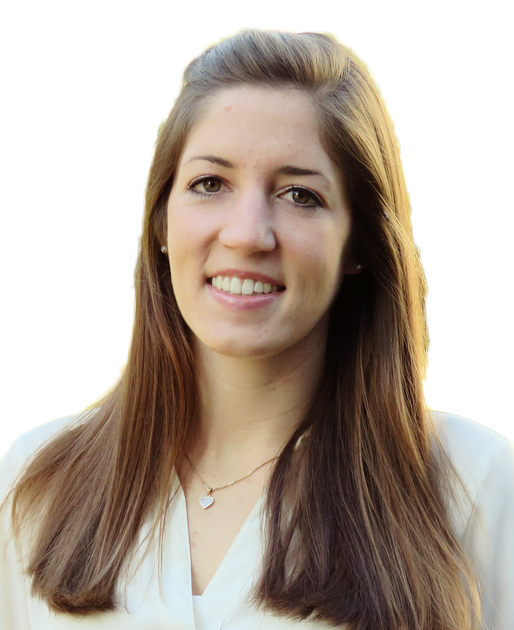
The first Applied Cognitive Science and Human Factors (ACSHF) Forum of the Spring 2020 semester will be held from 2 to 3 p.m. Monday (Jan. 13) in Meese 109. Samantha Smith (CLS), will present “The Relationship between Cerebral Hemovelocity and Vigilance: Sample versus Individual Outcomes, and Future Directions.”
High workload, stress, and fatigue may negatively impact operator performance in critical roles. A means to monitor ongoing performance would be useful to intercede when deficits are detected, but it is not often possible to detect these deficits in real-world tasks, in real-time. However, it has shown that cerebral blood flow velocity (CBFV), a measure of changes in cognitive metabolic activity, declines alongside performance in sustained attention tasks. Thus, CBFV has been proposed as a potential way to monitor operators for indirect insight into cognitive state and performance.
This presentation will discuss a recent study exploring the relationship between CBFV and vigilance performance at the sample versus individual level and will propose the use of Recurrence Quantification Analysis to further explore the complex relationship between psychophysiological metrics and cognitive performance over time.

